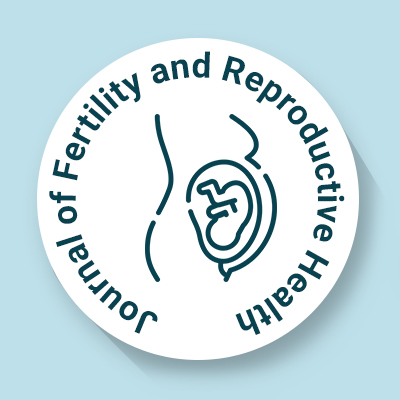
Journal of Fertility and Reproductive Health
OPEN ACCESS

OPEN ACCESS
.jpg)
Department of Biotechnology, Utkal University, Odisha, India
Background
HIV significantly impacts fertility, pregnancy outcomes, and access to reproductive healthcare services. The prevalence of HIV in Mizoram (2.73%) is the highest in India, compared to the national average of 0.20%, increasing the burden on reproductive health systems. Despite the effectiveness of prevention of mother-to-child transmission (PMTCT) programs, misinformation, provider reluctance, and limited access to assisted reproductive technologies (ARTs) contribute to reproductive challenges. HIV-associated sperm abnormalities, hormonal imbalances, and increased risk of pregnancy complications further affect fertility outcomes. This study examines the barriers to reproductive healthcare, the role of stigma, and gaps in healthcare policies impacting fertility decisions among PLHIV in Mizoram.
Methods
A qualitative study was conducted using semi-structured interviews with 7 participants, including healthcare professionals and PLHIV facing fertility challenges. Participants were selected based on purposive sampling criteria. Thematic analysis was performed using NVivo software, coding transcripts to identify patterns in reproductive healthcare barriers, stigma, and policy gaps.
Department of Biotechnology, Utkal University, Odisha, India